By Kelly Kanayama
It’s the end of an era. Or at least, it will be soon, when Kieron Gillen and Jamie McKelvie’s Image comic The Wicked and the Divine ends in less than a year. I talked to Kieron about what it means to move on from a definitive, fan-favorite series into a post-WicDiv future.
So The Wicked and the Divine is ending! How do you feel now that you’re coming up to the point when you won’t be doing it anymore?
Kieron Gillen: The end is coming July next year. I’ve got four issues and four issues left to do, and Jamie has six issues left to draw, so almost everything we do is now the last time we’ll do it. So a part of it is enormous relief – it’s been a very long journey – and the other side is really very sad. I can’t imagine my life without WicDiv. WicDiv has been around forever; it’s absolutely transformed my life. All of those things are true simultaneously.
What I’m most interested in is its transformation from a living work to a dead work. At the moment, WicDiv is still transforming on a month-to-month basis. Like with the big reveal in issue 33 – we were encouraging people to reread the series then, because the second issue 33 dropped those issues would be destroyed, as in their understanding of the story. That story would be taken away. That runs through all of WicDiv to some degree, but once it’s over, it’s a static thing, and everyone sees the whole hologrammatic structure of it, and they’ll be able to come to it in a very different way. So I’m interested in how people will take it, because it’s a big structural thing. Watchmen was always a big influence on WicDiv, and this is me trying to do something as intricate as Watchmen across 50 issues.
But presumably the fan movement will continue.
Gillen: We were just given this Iconic zine, which was made by a WicDiv fan community. Basically, they’ve created fake articles in the WicDiv universe about the start of the Pantheon, set before the comic even starts and up to the end of the second story arc. There’s Buzzfeed pages, fake news pages, 4chan threads and Facebook arguments and Reddit conspiracy threads. And WicDiv, I some degree, was always an encouragement to people to do your own shit. It’s about becoming a creator. The road for Laura is about going from fan to practitioner and what that means, and the missteps you make along the way.
I used to be a games journalist, and I like to say that I really like being obsolete. I see what people are doing now, and they’re much better than I ever was. In the same way, WicDiv is kind of like, here’s everything I’ve learned up to the age of 38, and here are all the mistakes I made. Please don’t make these mistakes; make me obsolete. That’s the fundamental thing about WicDiv. It’s a bit of a call to arms. So I’m looking forward to seeing people being inspired by WicDiv and doing amazing things, and I can’t wait to see what they do next.
This idea of being made obsolete – what does that actually look like, especially since you’re still working in comics?
Gillen: I think art is additive, so people will do things that I would never have imagined doing. Like I could still be a functional games journalist, but I wouldn’t be on the cutting edge anymore. And that’s fine, because I shouldn’t be. But – WicDiv is a call to arms with the phrase “your turn now.” We deliberately set it in 2014, as contemporary as we could make it, because this was always about you; the mirror is put up to the audience.
There’s a bit at the end of Young Avengers where America Chavez turns to the reader on the penultimate page and says, “I believe in you,” and that’s kind of what WicDiv is, on a larger scale. “Obsolete” is probably too hard – that’s my urge to self-deprecate – but I want to be amazed by you. I genuinely believe you’re special. Occasionally I believe in people I meet more than they believe in themselves; I think that’s true of a lot of people. It’s easier to believe in someone else, because you see how good they are, and it’s much harder to have any faith in yourself.
Between the time when you started WicDiv and now, celebrity culture has undergone some small but distinct changes. The basic tenets are the same, but there have been some notable shifts in how they manifests. How do you see WicDiv in light of that?
Gillen: We’re quite into the concept of period pieces. So when we decided to set it in 2014 to 2016, it was like, “No, this is the setting. We’re not cheating.” That’s also part of doing these historical specials, which we make aggressively about 1923 or whenever. It’s a period book; it’s just that occasionally the period is the present, and other times it’s the past. And I look to the reader to extrapolate what was true then into what is true now.
We did this with Phonogram as well, which was very much a period piece. Even The Singles Club, which was as contemporary as we could make it, was still about pop culture on exactly one night in a bar in Bristol. And we researched that to death. Actually, it’s just before the smoking ban [on smoking in bars in Britain] comes in, so there’s no smoking in there, and a couple of people talk about it.
For me, being entirely faithful to the time and all its flaws makes it – I think there’s a greater truth in the specificity of any set period than in an attempt to do this kind of generality of a universal myth. It ends up being just wishy-washy.
…I don’t think WicDiv is just about celebrity. Celebrity is a byproduct of being an artist in the 21st century. So we do talk a bit about celebrity, but I think it’s really about art. The WicDiv characters are many things; they’re enormous fuckups, but at the same time they’re good at what they do. All the gods, when they perform, they move people. That’s a truth that the world cannot deny them. They’re simultaneously brilliant and reprehensible. Even Woden is good at what he does – and it’s not enough. Being a good artist is not enough, but it’s still not nothing.
For you, did WicDiv end up being about something different from what you intended it to be, and/or accumulate some new elements along the way that you didn’t intend to be there?
Gillen: Yes and no – I knew what it was about, I knew how it ended, but a lot of the execution changed. And I knew this was about me trying to work out why on earth I wanted to be an artist anyway, because I was a mess in 2014.
With WicDiv, you’ll know from the start that I knew the end; the Watchmen superstructure is there. But as well as being a story, it was designed as a machine to do something. And the idea that this machine is going to be setting fire to my entire life up to that age – this is everything I ever loved, and I’m creating a bonfire and burning it down. This is a device for me to get over myself. This is a device for me to write around my issues and process my responses and grief, and I want to be a different person at the end of it. And Laura becoming a better person at the end of it is, in a way, my journey. The scary thing about WicDiv is, it worked. I’m in a very different place now than I was then. That line in From Hell – it’s like, “I made it all up and it came true anyway.” It’s a bit like that. So that’s the surprise.
And there’s a lot of smaller stuff with the characters. Some went a slightly different way, and there’s other characters I needed to be kinder to than I had been. There’s a joy in when a character surprises you. So it definitely is in the details.
There’s a bit in one of the later issues when Woden puts a gun to Cassandra’s head, and he asks if she’s willing to die for Laura, and she gives that “Uh-huh.” And that’s when I realized Cassandra’s journey through all this was from unbelief to believer. She believes in her friend. She has faith in Laura as a god; she has faith in her as a human being. So that kind of thing, where specific details of a character’s arc became clearer. But the wider sense of what this does didn’t change. It’s exactly how I planned it, but also completely different.
What’s next, in terms of what the end of WicDiv is going to mean for you going forward?
Gillen: Almost everything I’m doing ends around WicDiv. Star Wars will be finishing around then – I’ll be finishing up; we’re not ending all Star Wars books.
Star Wars is canceled. There’s no more Star Wars, ever.
Gillen: Kieron’s not doing it! How can we survive?
Star Wars will be over; Uber will probably be over; at least the first arc of this new book I’m doing with Dynamite, Peter Cannon: Thunderbolt, will be over. And there’s another thing that hasn’t been announced that I’ll have written by then. So all these things are coming to an end when WicDiv ends, and I’ll have a clean slate apart from DIE!
WicDiv was designed to be a chapter end, and DIE! is definitely the start of a new one. If you were writing the biography of Kieron Gillen, it would be “Volume 1: Kieron’s birth to WicDiv”, “Volume 2: DIE! to death”, possibly. Part of it was leaving space to figure out what kind of writer I want to be. I haven’t quite decided yet, but I’ve got it boiled down to the options, and I’ve got a list of – that writer does this; this writer does that; where do you actually see yourself? I’ve got some guiding principles, and you’ll see some of that in DIE!
I want to write better. That sounds absolutely banal, but it’s also true. And to write better, you have to at least try to write better. I want to put out less books and try slightly different things. I started using Scrivener recently, so I’ve even changed my writing software. There’s TV stuff happening, so maybe I’ll get more involved in that, or maybe I’ll take Warren Ellis’s dare and write a novel. It’s an interesting space I’m trying to fill. WicDiv’s done well enough to give me the financial security so I can actually think, and that’s so rare. It’s great. This is a once-in-a-lifetime kind of book.


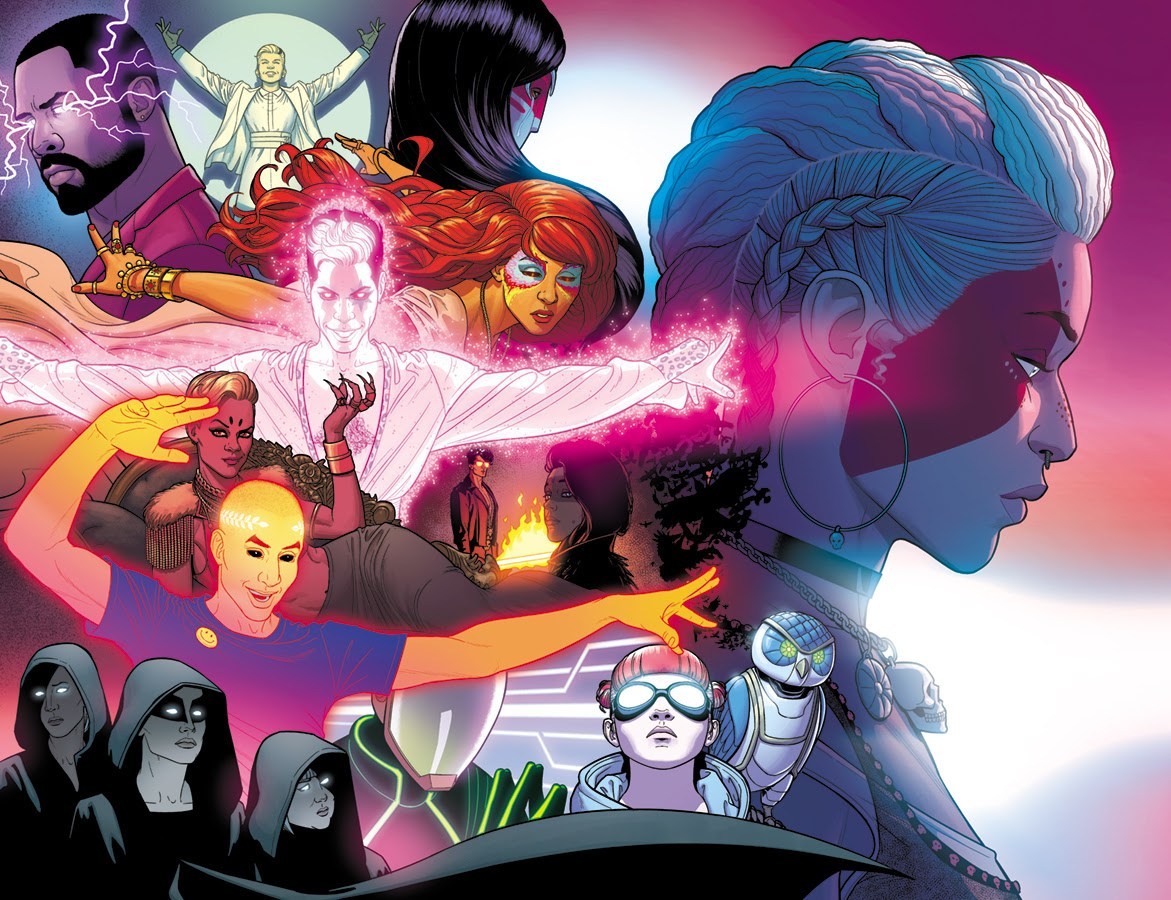
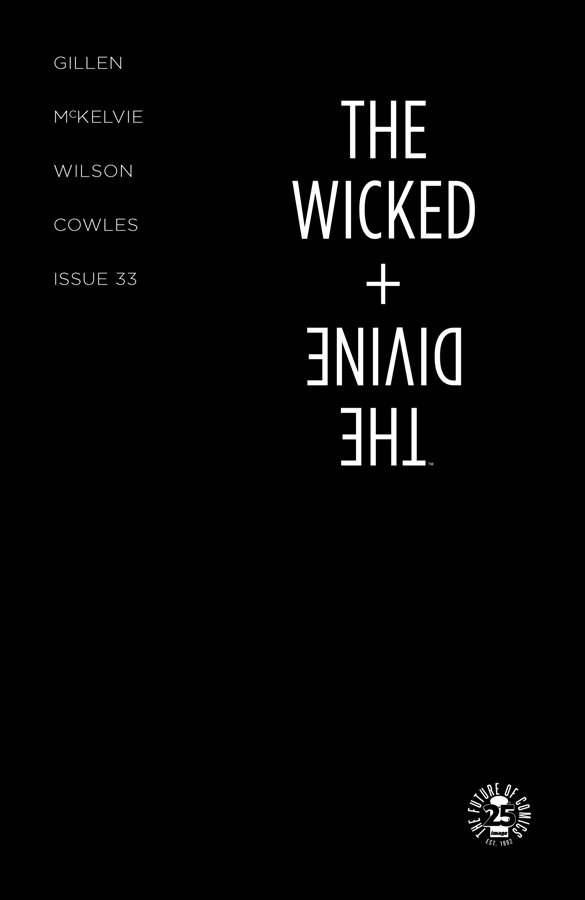
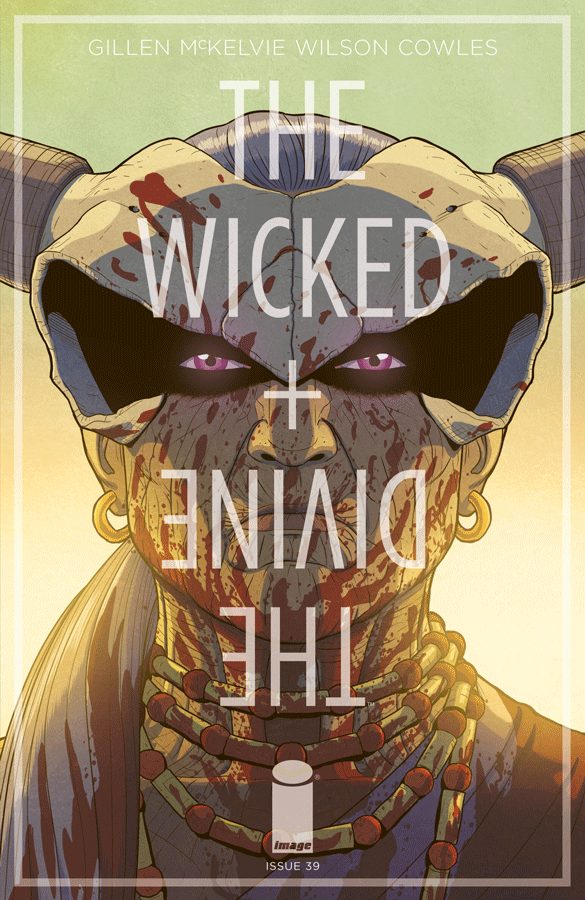
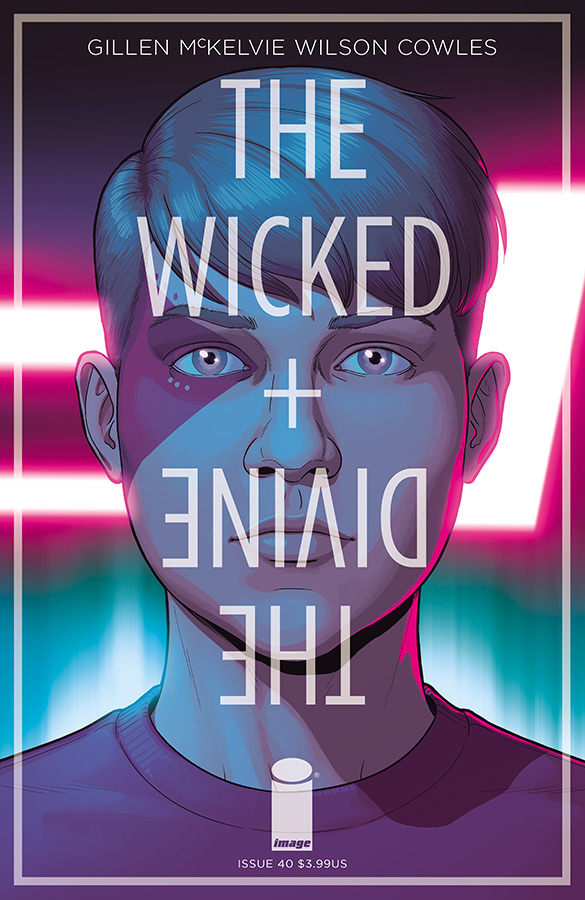
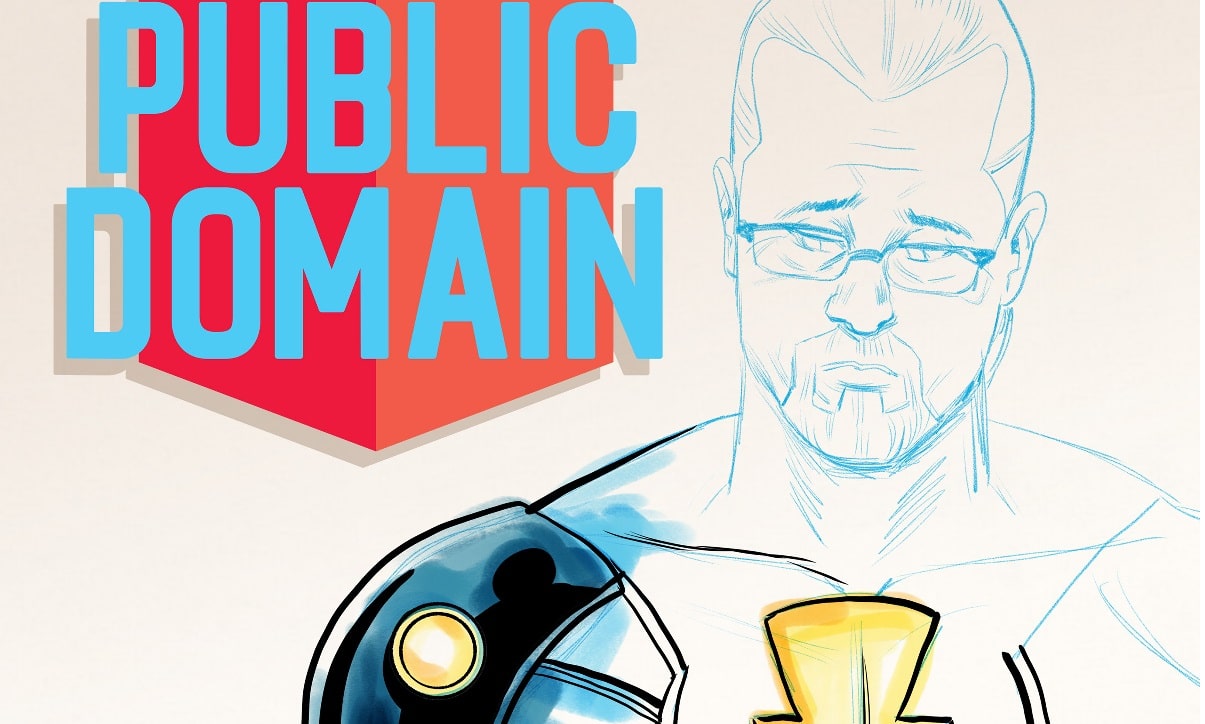
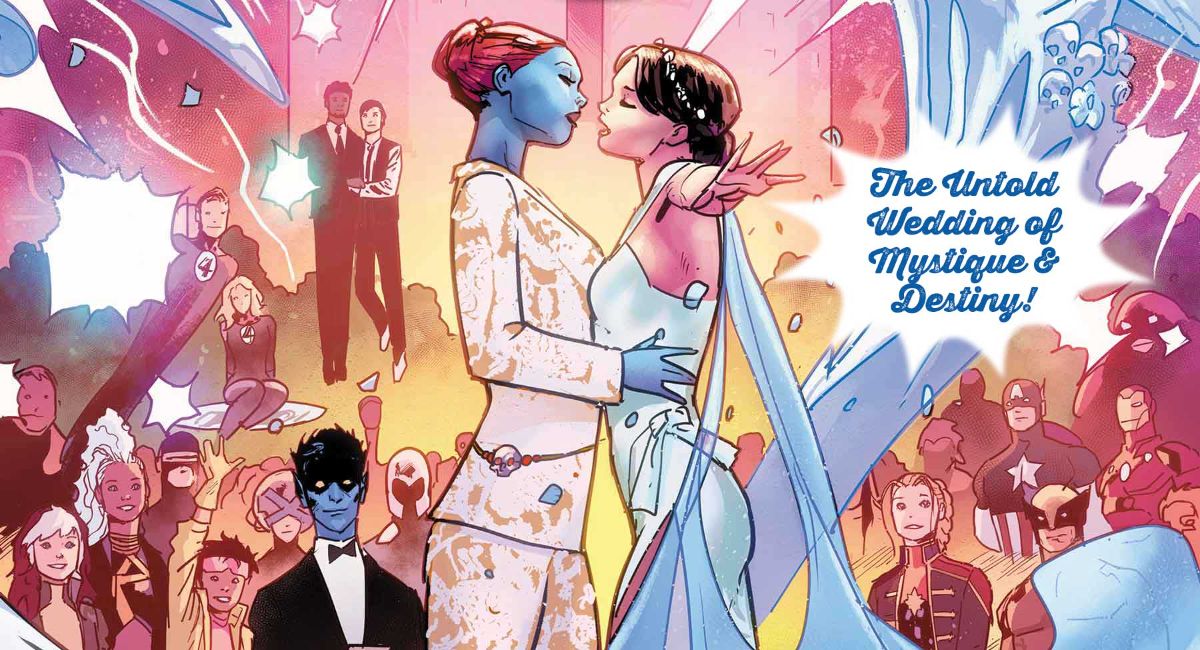
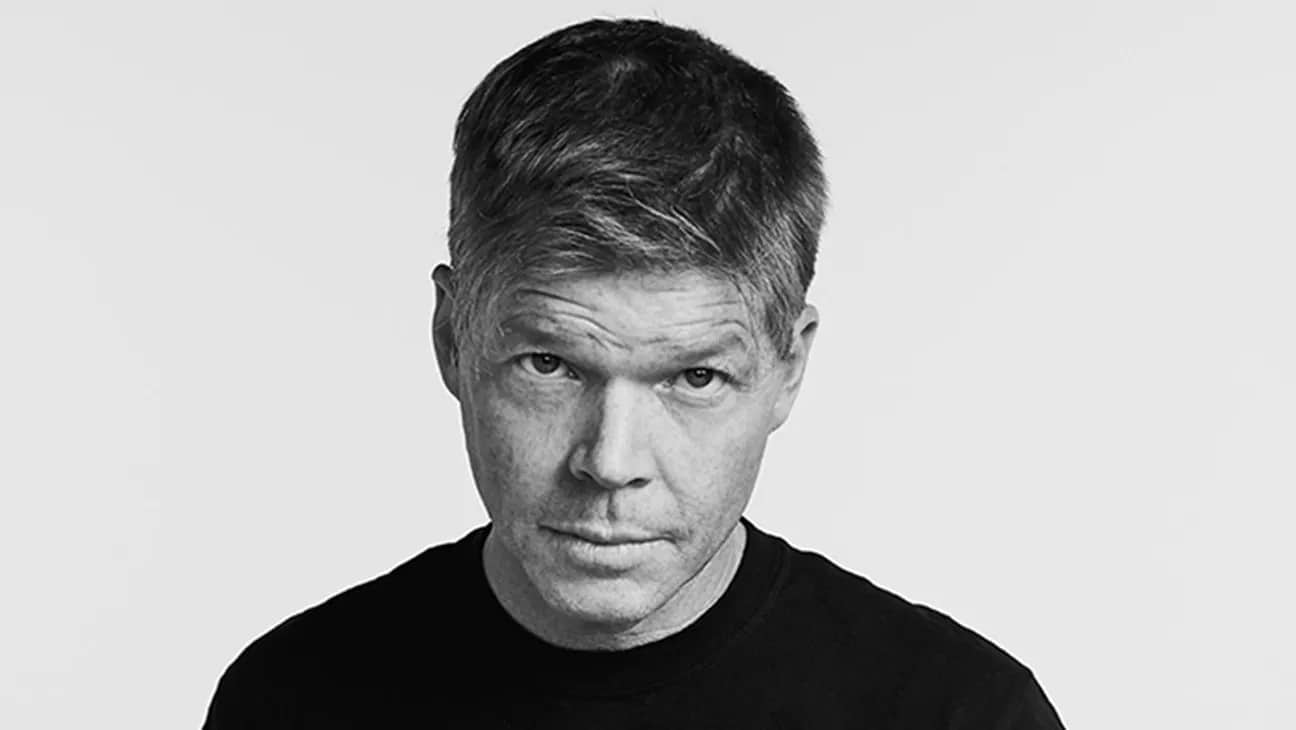


Given Kirkman’s “Die! Die! Die!”, Gillen should probably change the title of that next project of his.
The Wicked + The Divine is the best comic going right now.
Comments are closed.